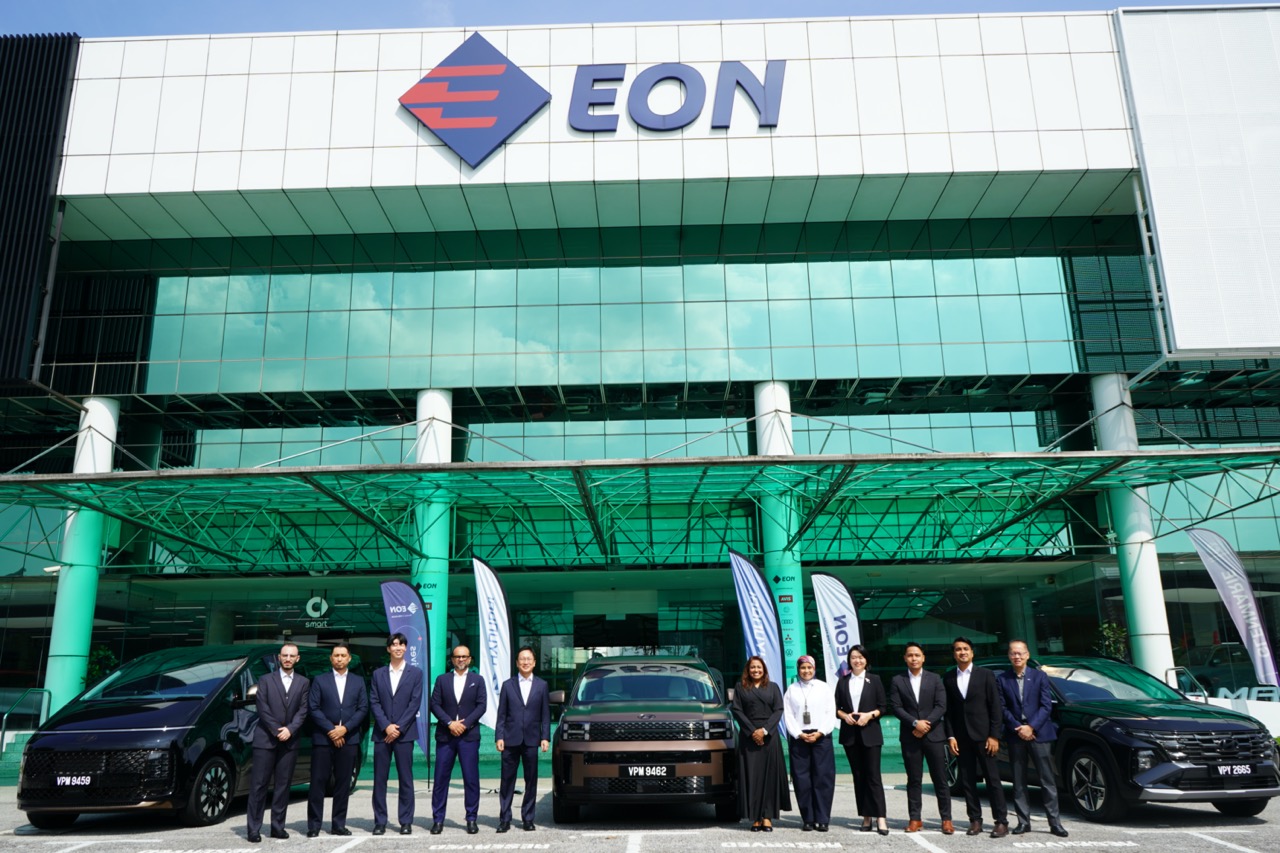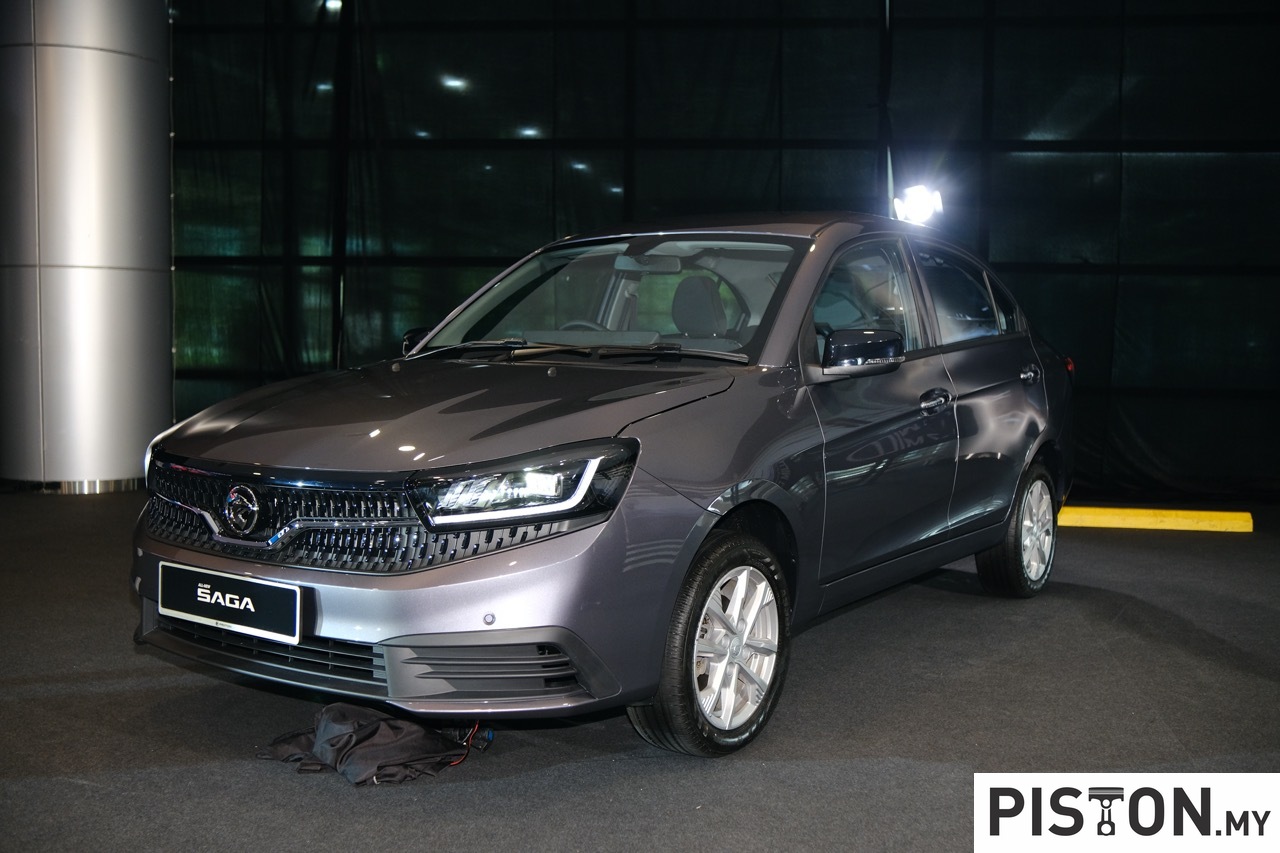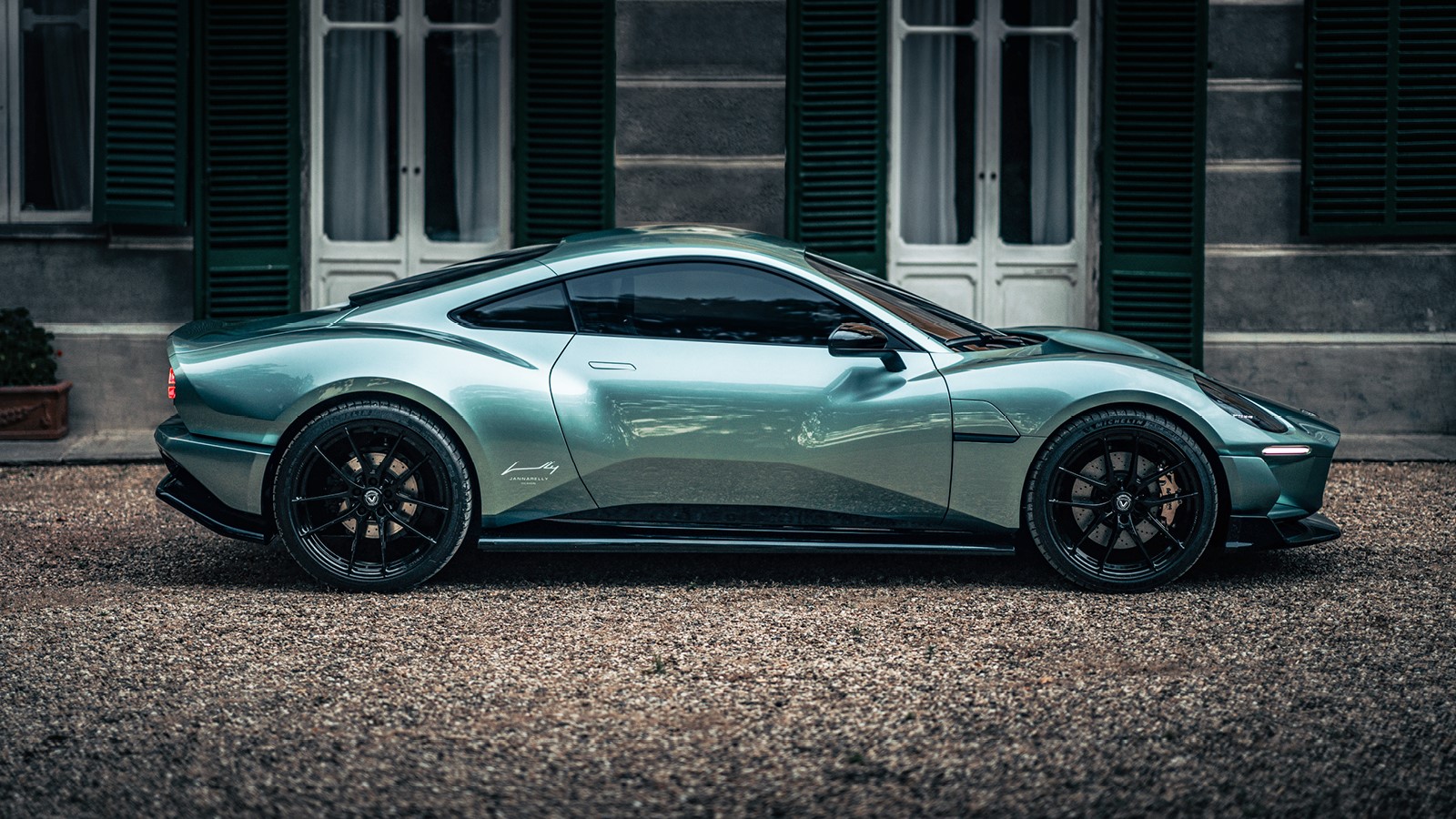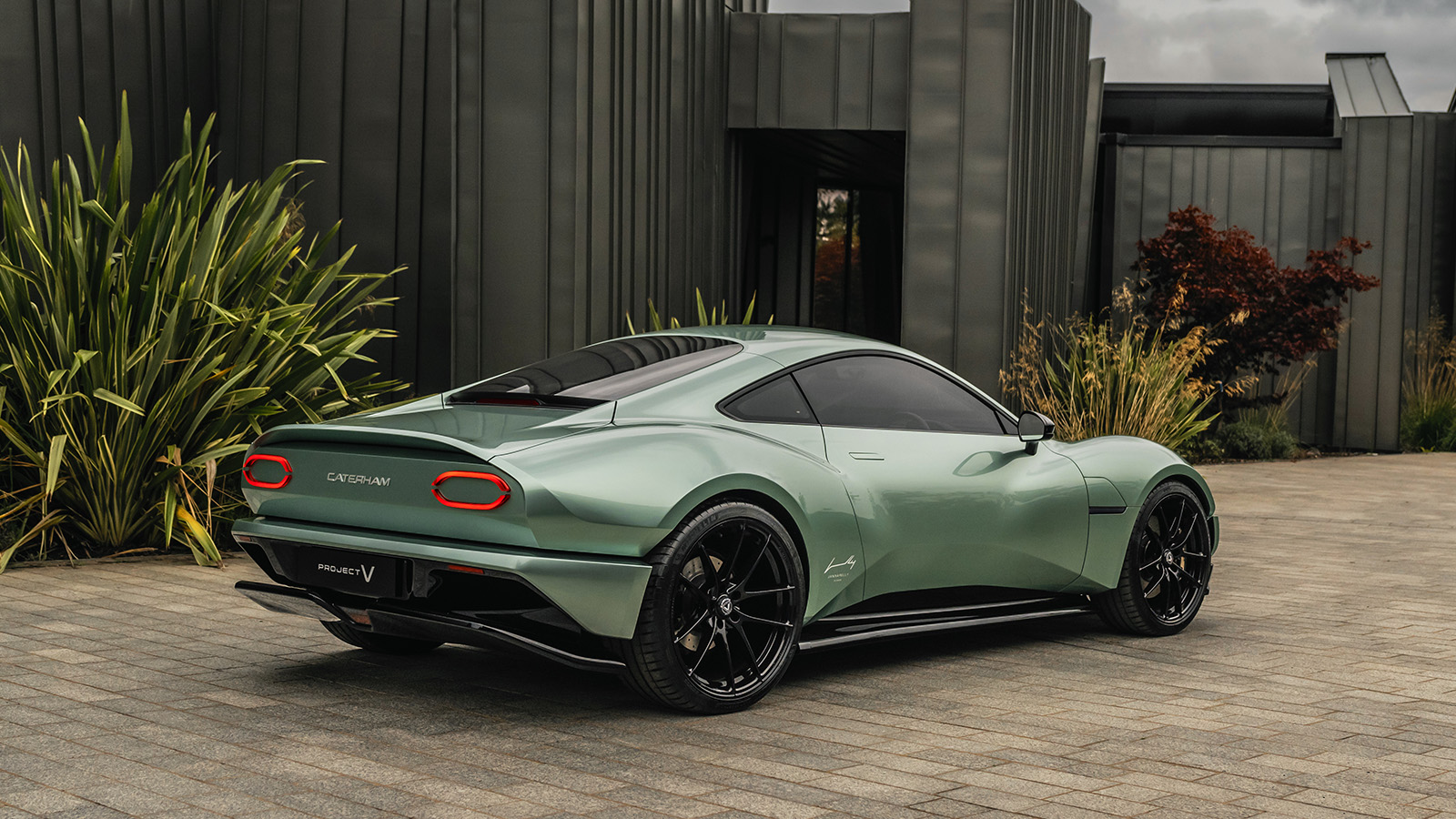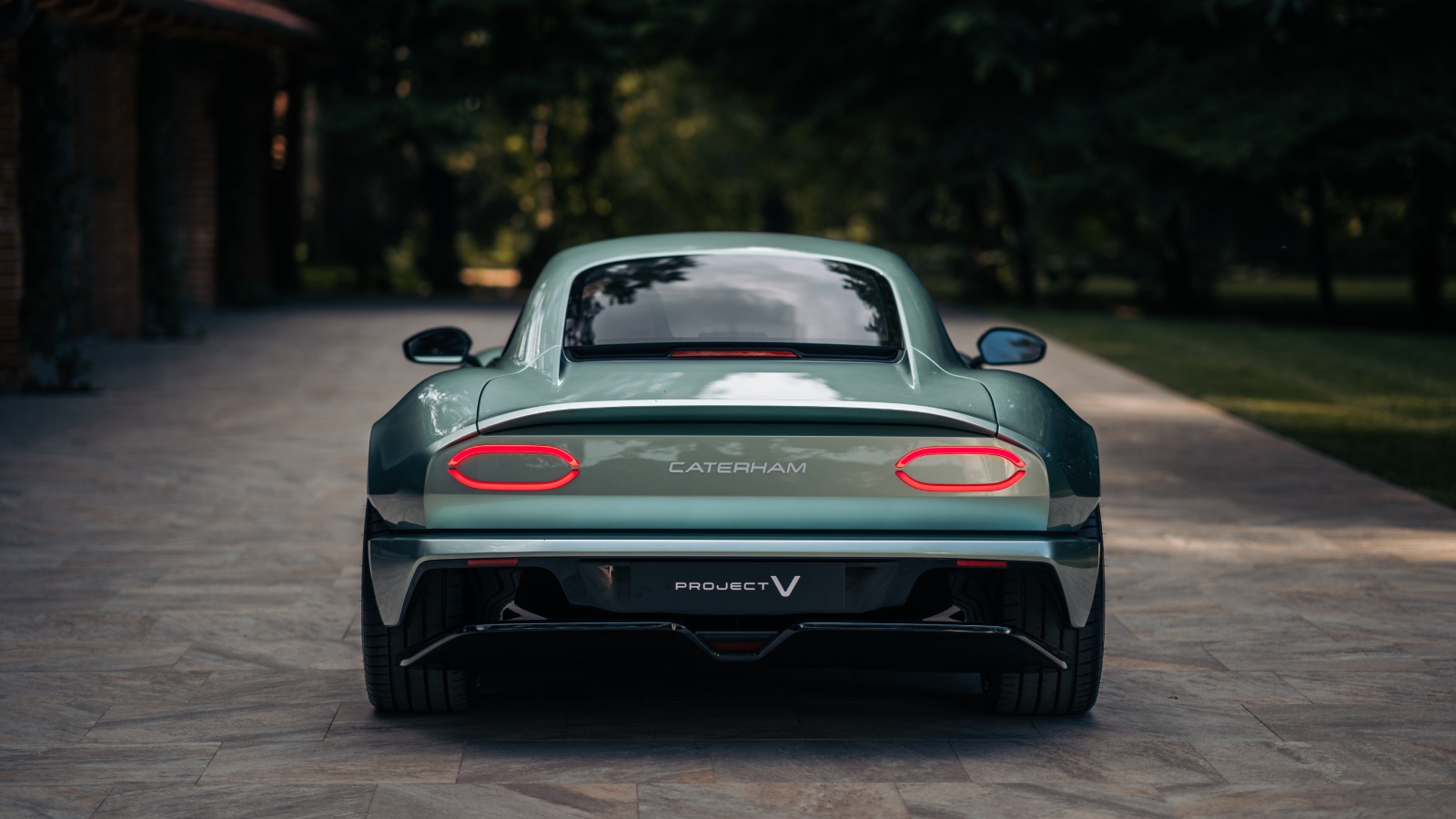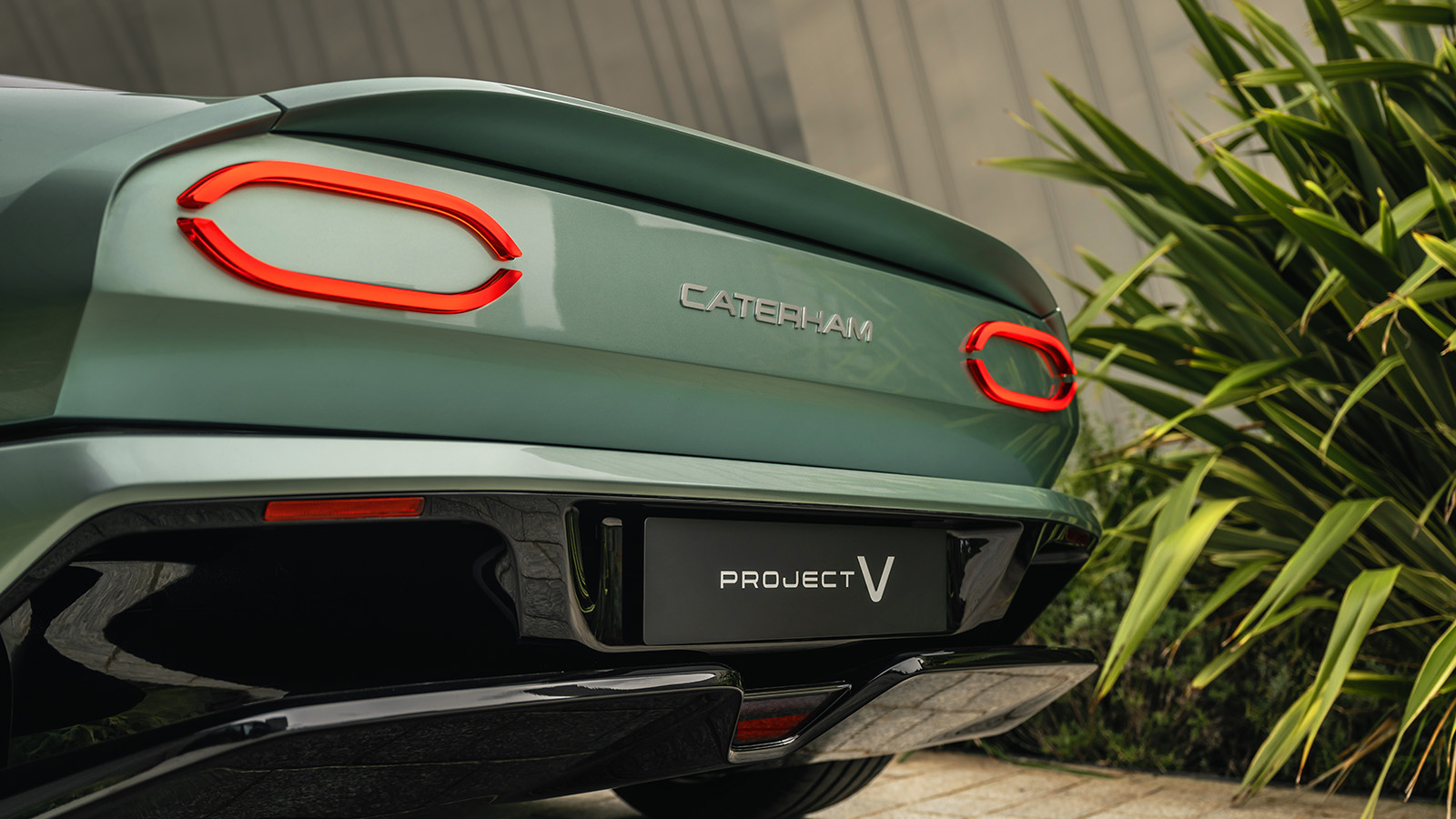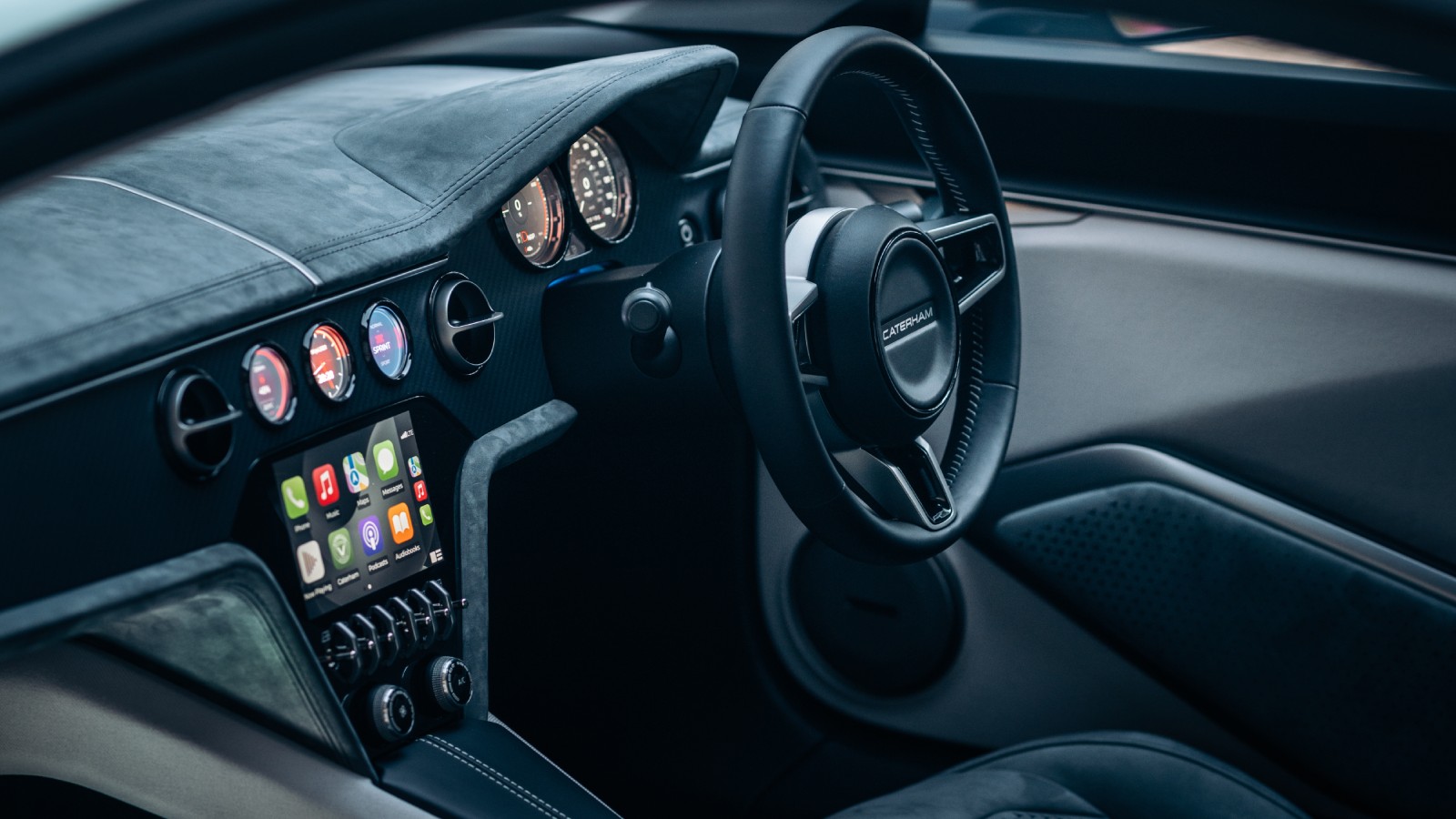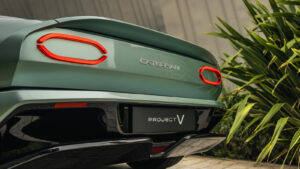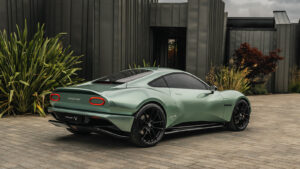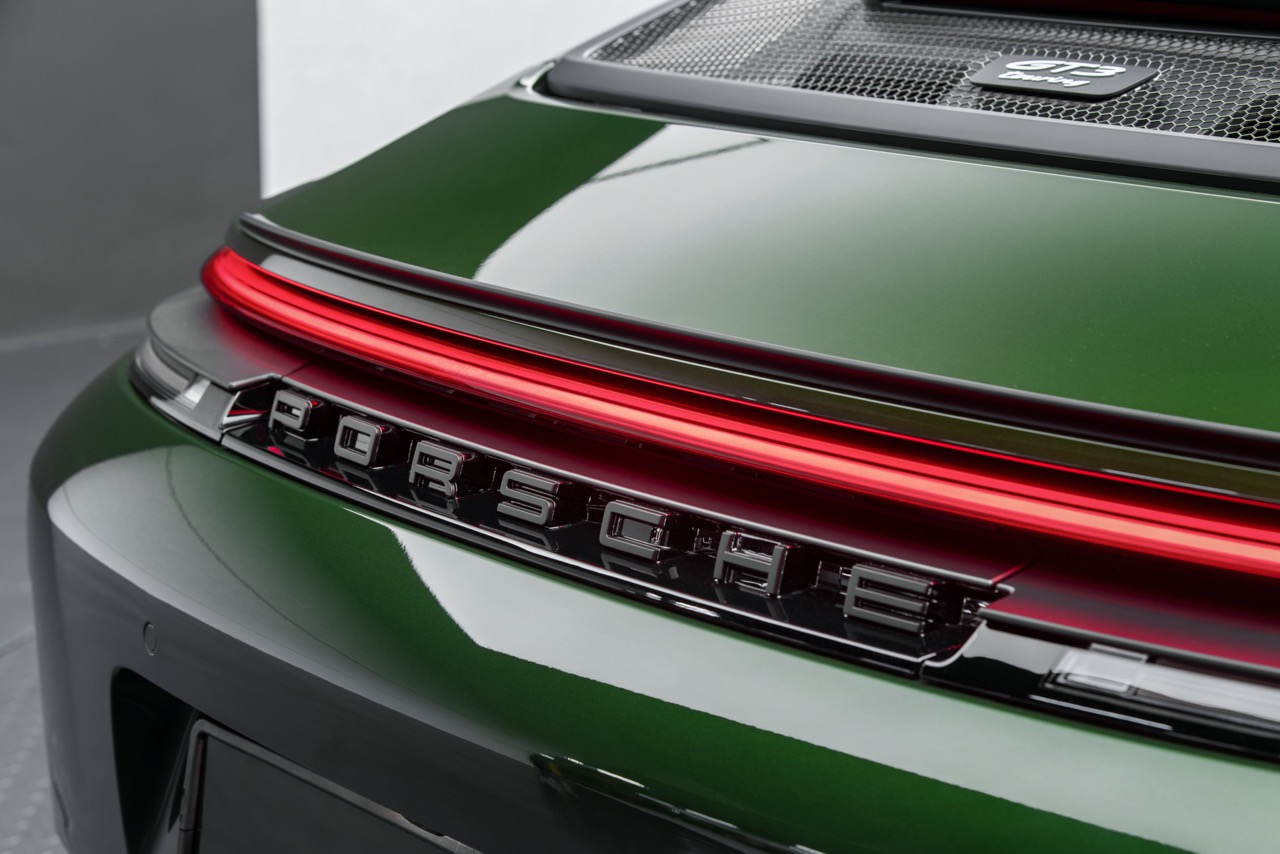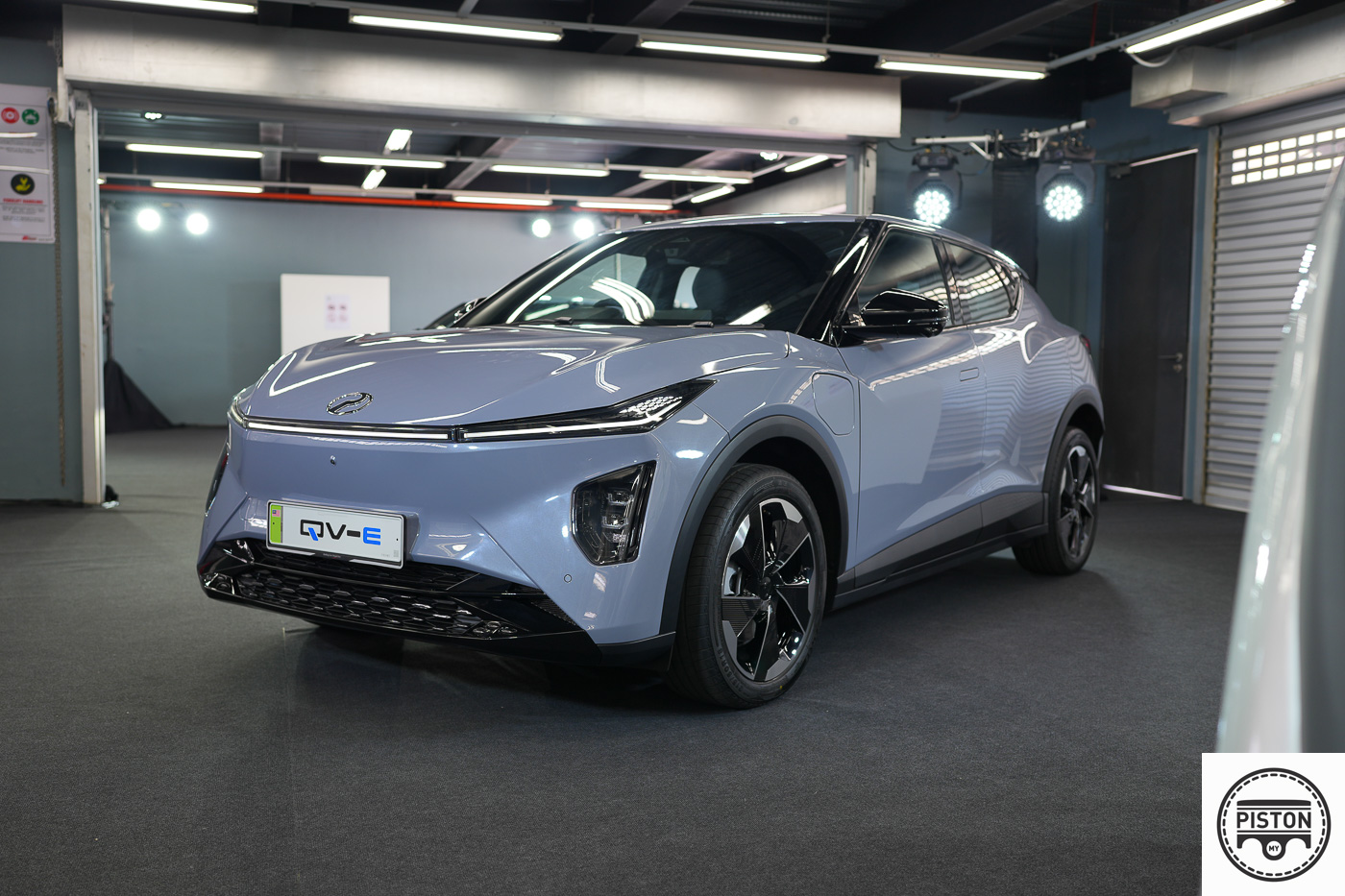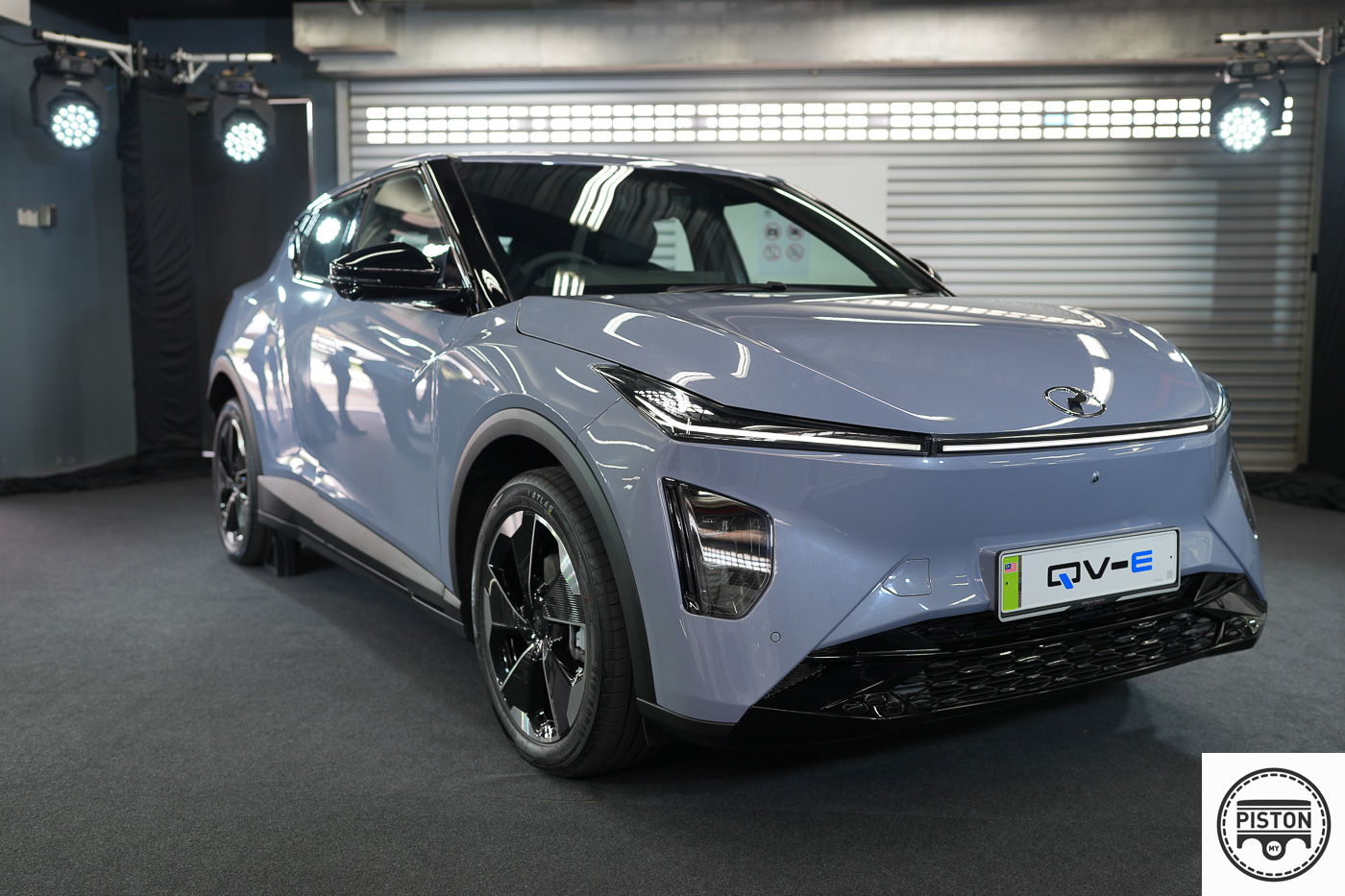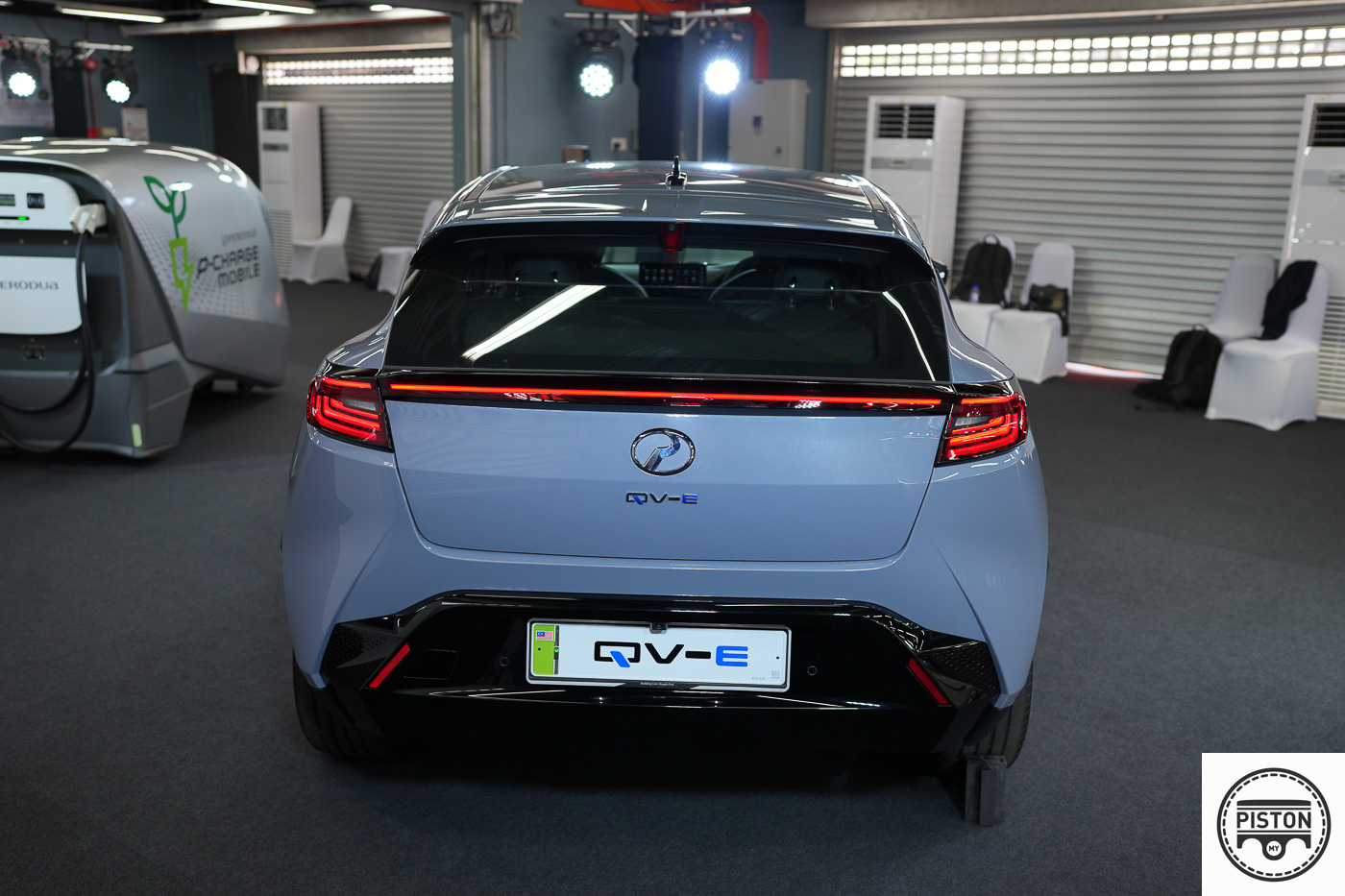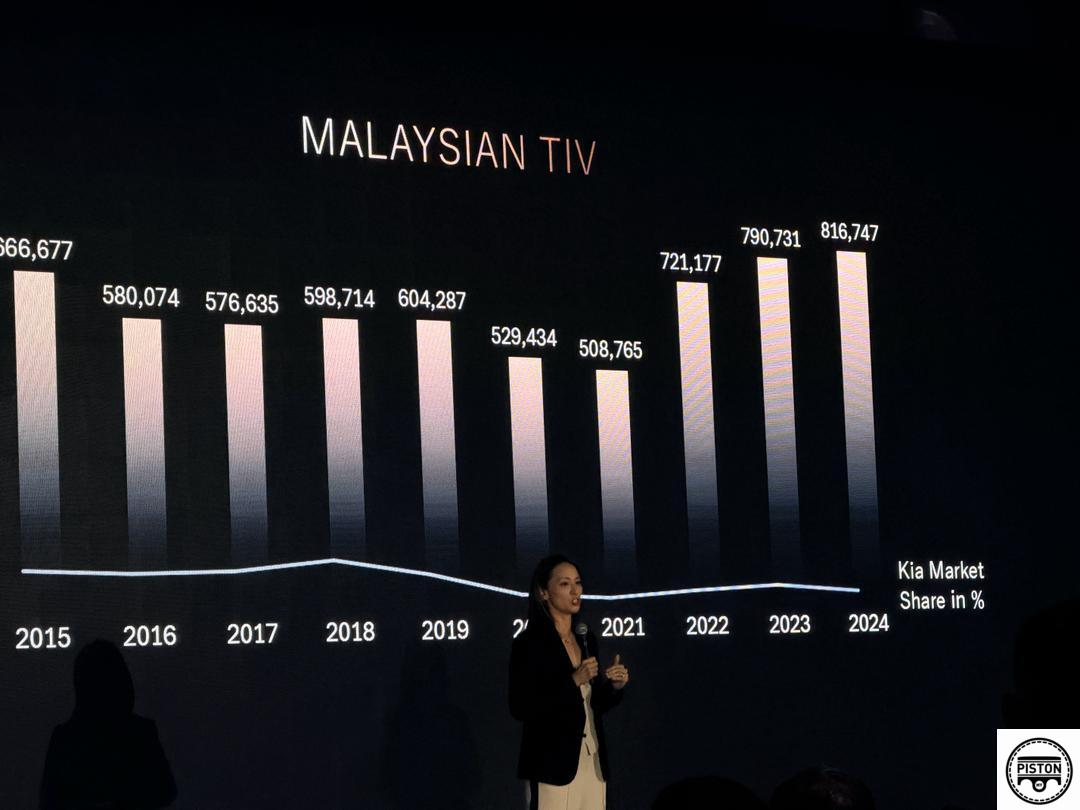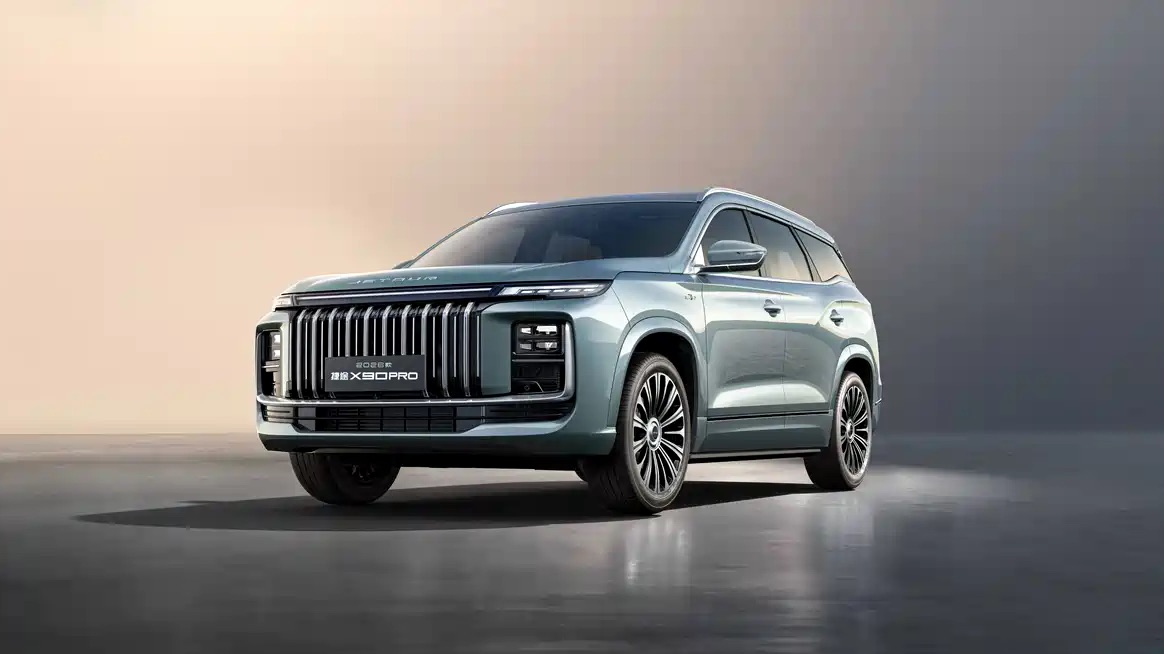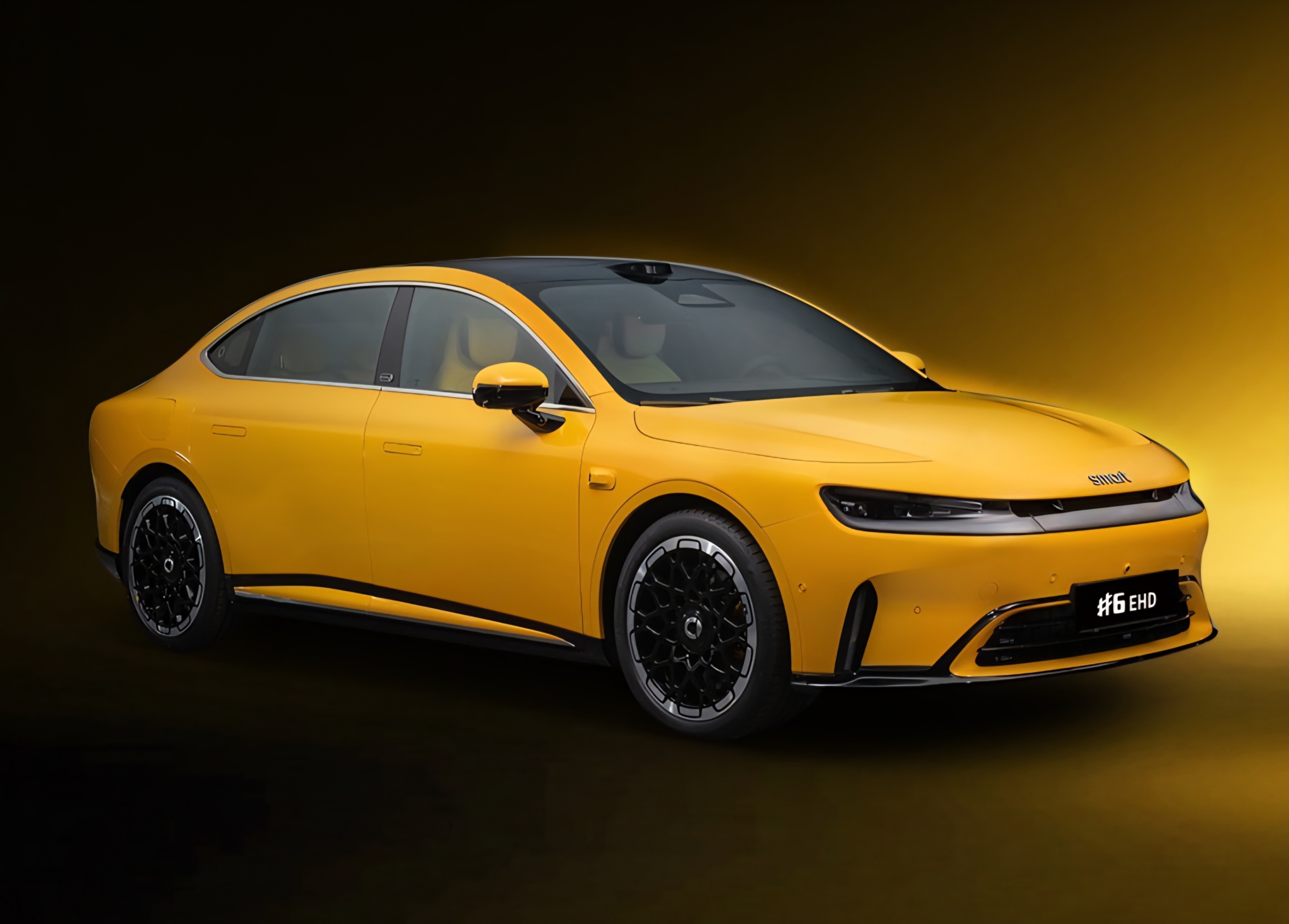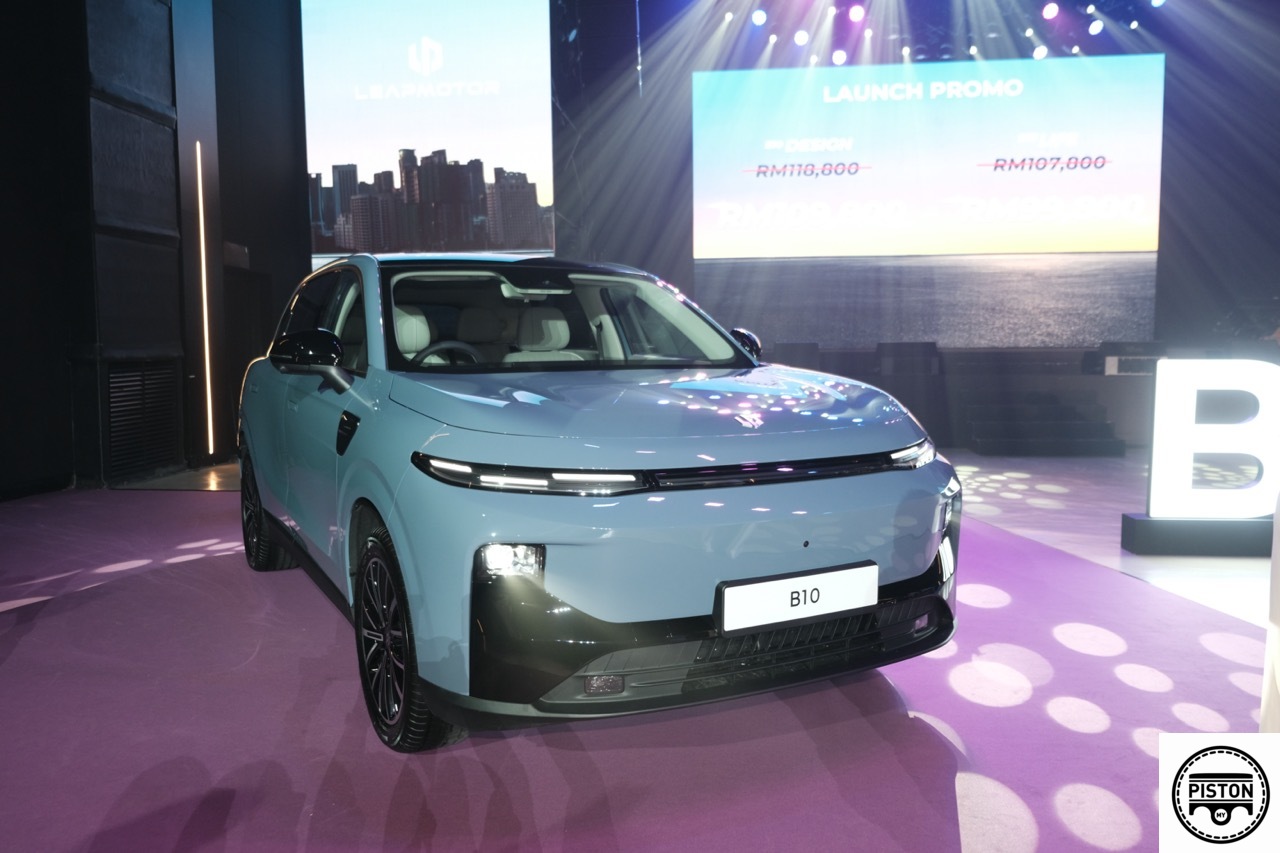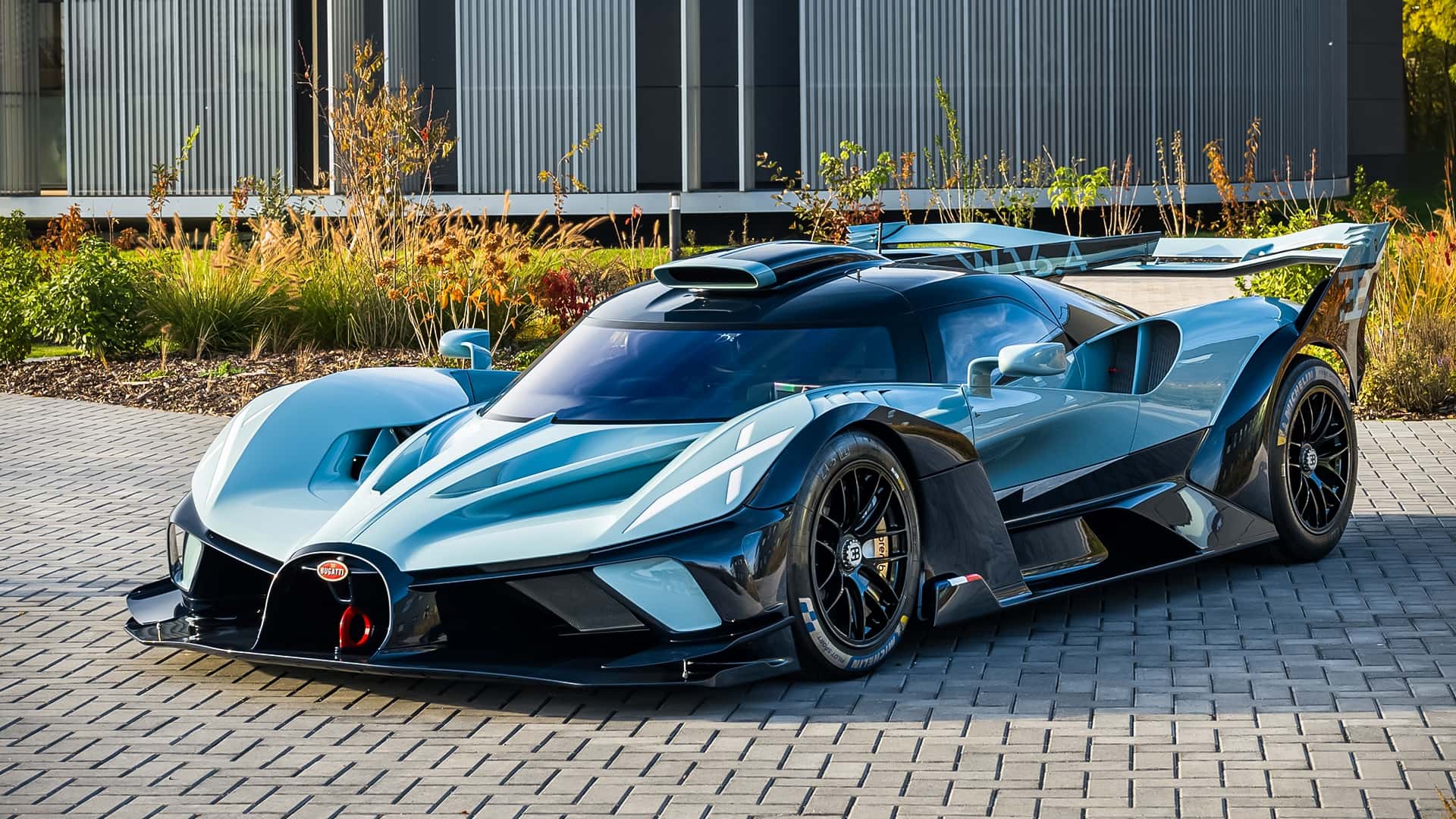One of the biggest news in the automotive industry in the past week comes out of Russia, and it should be a source of concern for everyone that has bought or plans to buy a new car.
Hundreds of Porsche owners in Russia reported issues with their cars which included not being able to start the engine, or shutting down after ignition or simply not being able to unlock their cars.
Porsche models dating back as far back as 2013 were apparently affected by this supposed attack.
According to international automotive media outlets, owners awoke on December 1st to find that their Porsches were “mysteriously inoperable”.
Media outlets like The Moscow Times were quoted as suggesting that “it is possible this was done deliberately”, though the publication also noted that there was no evidence in support of the theory.
Russian importer Porsche Rusland LLC was also quoted confirming the existence of the problem yet Porsche’s headquarters in Germany has yet to issue a statement at the time of writing.
Yulia Trushkova, Service Director at Rolf (a popular Russian automotive dealership), confirmed that Porsches built post-2013 were affected, “likely due to a coordinated attack on the onboard immobiliser system”.
Such systems are integral parts of a vehicle’s security system and prevents unauthorised operation or theft of a car.
According to cyber security news outlets, Trushkova also speculated that the so called cyber-attacks may be the result of geopolitical tensions, possibly the work of external state-sponsored hackers using advanced cyber capabilities to target Russian consumers and the automotive industry.
So why should this be a cause of concern for you and me?
Because all new cars come with such anti-theft systems installed and if someone wanted to, a new car can easily be remotely accessed as well.
Cybersecurity experts have warned that hackers are now targeting critical infrastructure in more creative ways. And by hacking and disabling a vehicle’s immobilising system, hackers can cause severe transportation disruptions.
Merely disabling a car is only the tip of the iceberg, some cars particularly those with autonomous driving capability can also be remotely piloted as well. An eerie resemblance to the 2023 movie Leave the World Behind where hundreds of Teslas were remotely operated and driven into a massive pile-up on a highway.
As for the Porsche problem in Russia, parent group Volkswagen is said to be tracing the root cause of it though I found no official statement from the group on the official news site.
It is also important to keep in mind that Volkswagen halted all business with Russia in 2022 following the Ukrainian invasion, though it has faced difficulty selling some subsidiaries there since.
Volkswagen was also hit by a data breach in 2021 where the database of three million customers were stolen and then again in 2024 where Volkswagen claimed its IT systems were unaffected, though the ransomware gang behind the attack say they made off with troves of sensitive data.
So our data is more important than ever, and it is not just banking data but now also our automotive data.



